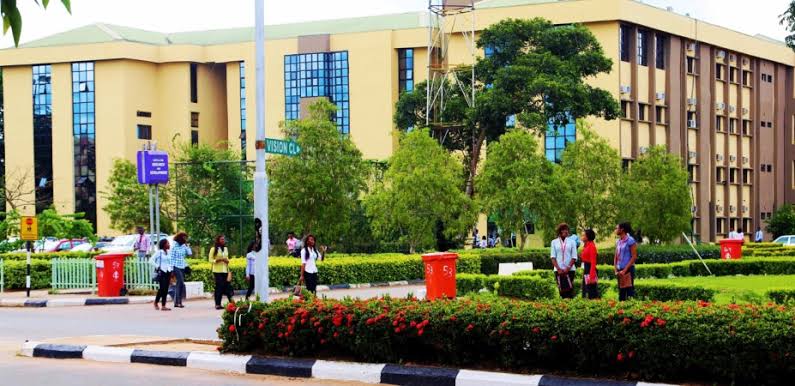
Keep up with the latest news and be part of our weekly giveaways and airtime sharing; follow our WhatsApp channel for more updates. Click to Follow us
University education in Nigeria has been plagued by frequent strikes and industrial actions, which have had a devastating impact on the quality of education and the lives of students. These strikes, often called by the Academic Staff Union of Universities (ASUU) and other university-based unions, may be aimed at pressing for better working conditions, improved funding, and other demands, but they ultimately harm the very people they are intended to benefit.
For further information on Education, read more details here
The most obvious impact of strikes on university education is the disruption of the academic calendar. When universities are shut down due to strikes, students are forced to stay at home, doing nothing productive, while their peers in other countries are busy learning and acquiring new skills. This disruption can lead to a loss of momentum and motivation among students, making it difficult for them to pick up where they left off when the strike is finally called off.
Furthermore, strikes can lead to a shortage of qualified manpower in critical sectors of the economy. For instance, medical students who are forced to stay at home due to strikes may not be able to complete their clinical training on time, leading to a shortage of qualified doctors in the healthcare system. Similarly, engineering students who are unable to complete their practical training due to strikes may not be able to acquire the skills they need to become competent engineers.
Strikes also have a negative impact on the reputation of Nigerian universities. When universities are constantly shut down due to strikes, it creates a perception that the education system in Nigeria is unstable and unreliable. This can make it difficult for Nigerian universities to attract international students and faculty, and can also make it harder for Nigerian graduates to compete in the global job market
In addition, strikes can lead to a decline in the quality of education. When universities are shut down, students may not have access to the resources they need to learn, such as libraries, laboratories, and internet facilities. This can make it difficult for students to keep up with their coursework and can lead to a decline in academic standards.
For further information on Education, read more details here
Moreover, strikes can have a negative impact on the mental and emotional well-being of students. When students are forced to stay at home due to strikes, they may feel frustrated, anxious, and uncertain about their future. This can lead to depression, anxiety disorders, and other mental health problems.
Finally, strikes can lead to a loss of revenue for universities and a decline in economic activity in university towns. When universities are shut down, local businesses that rely on students for patronage may suffer, leading to a decline in economic activity and a loss of revenue for the government.
Ultimately, strikes and industrial actions have had a devastating impact on university education in Nigeria. They disrupt the academic calendar, lead to a shortage of qualified manpower, damage the reputation of Nigerian universities, decline the quality of education, negatively impact the mental and emotional well-being of students, and lead to a loss of revenue for universities and a decline in economic activity in university towns. It is imperative that the government and university authorities find a way to address the root causes of these strikes and industrial actions in order to save university education in Nigeria.
Please don’t forget to “Allow the notification” so you will be the first to get our gist when we publish it.
Drop your comment in the section below, and don’t forget to share the post.







